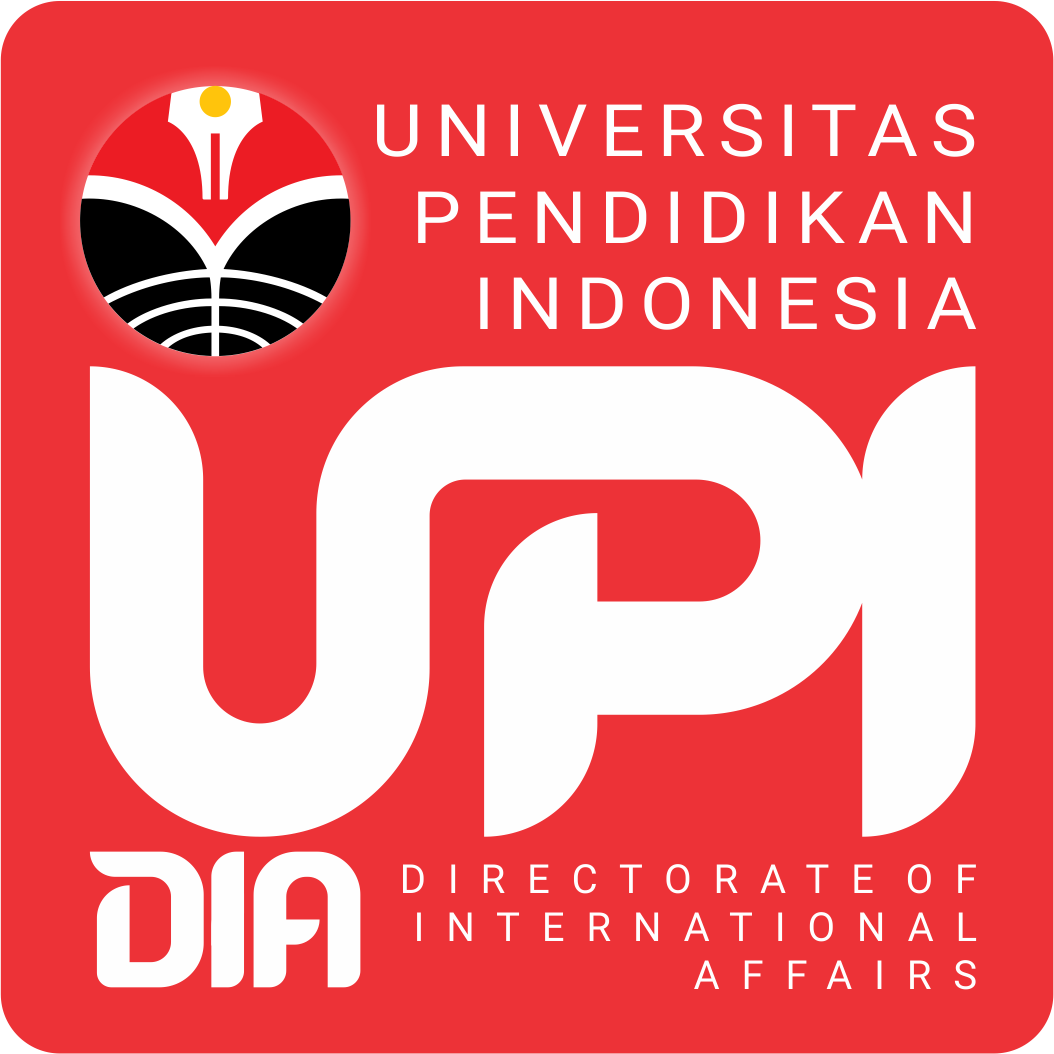Summer School in Hiroshima
23-31 August 2022
International Collaborative Human
Resources Development Program in Asia
to Foster Inclusive Minds
Application Guidelines
(Last update: May 16, 2022)
BACKGROUNDS AND PROGRAM OBJECTIVES
To solve common social issues in the world, it is necessary to collaborate with diverse human resources with different backgrounds and attributes, regardless of nationality, language, religion, gender, or disability. And the practice of Diversity and Inclusion in society is required to realize the basic principle of the SDGs, “Leave No One Behind.”
As you already know, with this background, we have launched a new program titled “International Collaborative Human Resources Development Program in Asia to Foster Inclusive Minds” implemented by Campus Asia consortium universities in China, Korea and Japan plus two universities from Indonesia and Thailand from 2022.
Our very first Program, “Cultivating a Caring and Inclusive Society for All,” which was designed to develop human resources collaboratively among the universities to foster an inclusive mindset in students was successfully done online in February 2022. The program was to contribute to the practice of Diversity and Inclusion for the realization of the better society and the SDGs in Asia.
To pursue and accomplish this purpose in the Campus Asia program further, Hiroshima University has been planning the contents and itineraries for our Summer School program, which offers students from the Consortium Universities can interact, communicate and learn at Hiroshima University.
Hiroshima University welcomes students from the member universities, who are eager to learn and interact actively with other Asian students in August 2022.
PARTICIPANTS
- who are interested in cross-cultural understanding,
- who want to improve their English language skills,
- who are thinking about studying abroad,
- who are interested in diversity and inclusion, and
- who want to work for an international organization in the future.
6 COMPETENCIES TO BE ACQUIRED
- basic knowledge of Diversity and Inclusion
- basic knowledge of cross-culture
- empathy
- communication skills
- leadership in teambuilding
- cooperativeness in teambuilding
THE PROGRAM
- Lectures and workshops with academic experts and guest speakers in Japan;
- Interactive seminars that encourage stimulating discussion and learning;
- An integrated cultural program that introduces a unique side of Hiroshima and includes scheduled cultural activities.
PROGRAM COMMITTEE MEMBERS AND GLEST LECTURERS
| NAME | ORGANIZATION |
| KAZUHIKO KOIKE | Vice executive (International exchange), Professor, Graduate School of Integrated Sciences for Life |
| NORIMUNE KAWAI | Vice executive (International exchange), Professor, Graduate School of Humanities and Social Sciences |
| SUSUMU URAKAWA | Vice executive (International exchange), Professor, Graduate School of Biomedical and Health Sciences |
| TSUKASA HIRASHIMA | Professor, Graduate School of Advanced Science and Engineering |
| TAKAYOSHI MAKI | Associate Professor, Graduate School of Humanities and Social Sciences |
| NORIKO YAMANE | Associate Professor, Graduate School of Humanities and Social Sciences |
| DAICHI YANAMOTO | Specially Appointed lecturer, Morito Institute of Global Higher Education |
| TSUNEHIKO SUGIKI | Professor, Graduate School of Humanities and Social Sciences |
| TINKA DELAKORDA KAWASHIMA | Associate Professor, Graduate School of Humanities and Social Sciences, |
| ATSUSHI NAGAI | Guest lecturer, Specially Appointed lecturer, Kobe University |
| AKINA NOGUCHI | Guest Lecturer, UNIVA |
ITINERARY

WORKSHOP on Aug 26
- Use of ultrasound in pronunciation studies (Prof. Yamane)
- Cognitive aspects of diversity in foreign language learning (Prof. Yanamoto)
- Cultural and religious diversity (Prof. Delakorda Kawashima)
- Learning engineering (Prof. Hirashima)
APPLICATION GUIDELINES
1. Application Requirements
- Students enrolled as an undergraduate student at Campus Asia Consortium partner Universities *Those who participated in the “Cultivating a Caring and Inclusive Society for All” program are prioritized to be selected.
- Students have 680 or more in TOEIC L&R or similar level of English.
- Those who are willing to participate in discussions in English. “The selected students are required to bring their own PC.
2. Number of students expected from member universities
- Beijin Normal University (3)
- Chungchun University (3)
- Hankuk University of Foreign Studies (6)
- Kasetsart University (3)
- Universitas Pendidikan Indonesia (3)
- Hiroshima University (6)
3. Fees for Program Participation
4. Application
5. Credit and Certificate
6. Others
Tel: #81 (0)82-424- 4346
Email: [email protected]
Ms. Kaori Taka (Hiroshima University)
Tel: #81 (0)832-424-6182
Email: [email protected]
